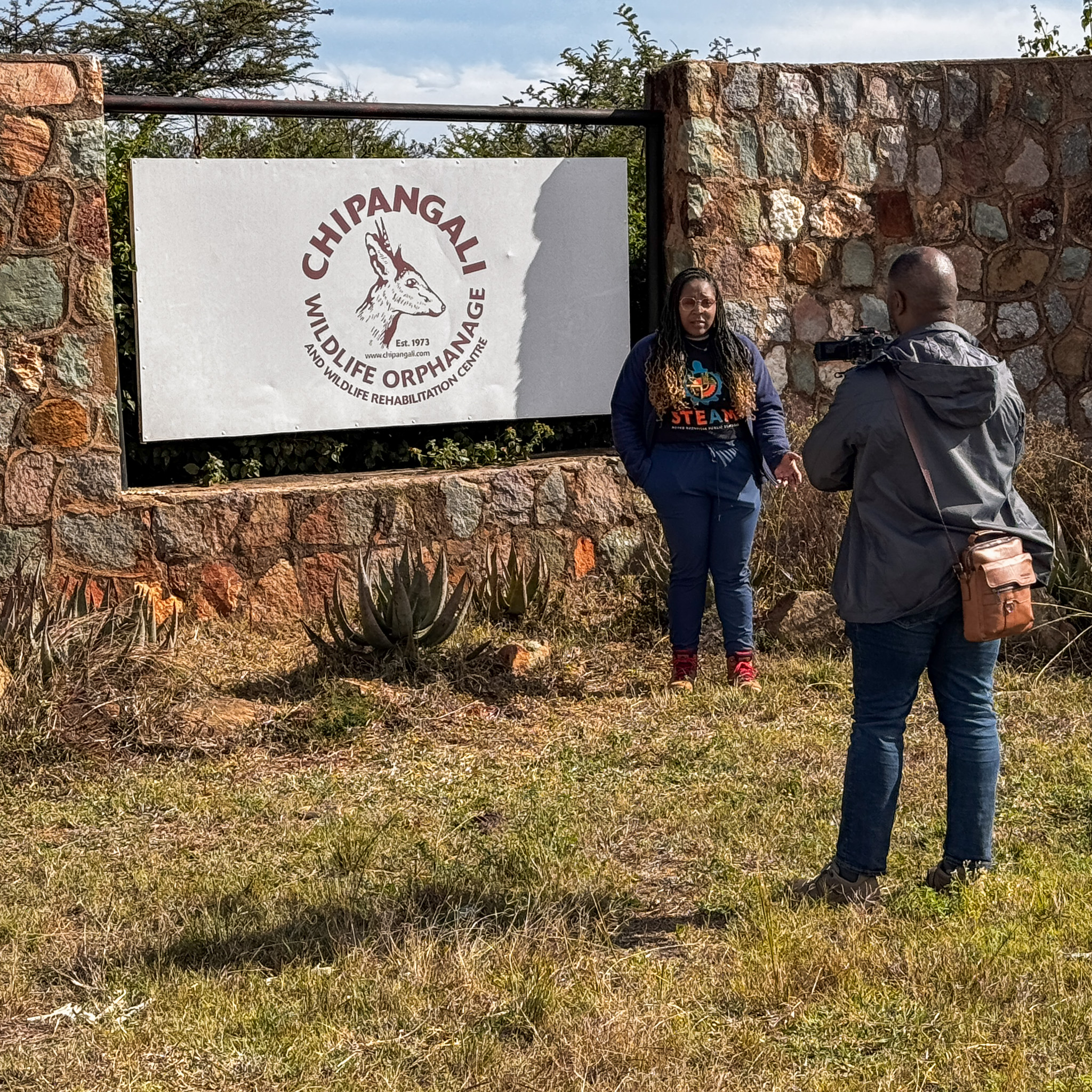- Description of The Wildlife Research Scholars program and its primary objectives.
- Details on the collaboration between Nashville Zoo, Metro Nashville Public Schools (MNPS), and Belmont University.
- Educational impact on MNPS’ Overton Cluster students through virtual lessons from Zimbabwe.
- Information about Chipangali Wildlife Orphanage and its role in wildlife conservation.
- Exploration of conservation-related career paths and the use of technology in conservation efforts.
The Wildlife Research Scholars program stands as a remarkable partnership aimed at enhancing global conservation education. By bringing Nashville’s educational and zoo communities together with international entities, the program aspires to create a profound impact. This collaboration involves Nashville Zoo and Metro Nashville Public Schools (MNPS), alongside Belmont University, to foster a unique, interactive learning environment.
The initiative sent a dedicated team to Bulawayo, Zimbabwe, to work closely with the Chipangali Wildlife Orphanage. Representatives from Nashville Zoo, MNPS, and Belmont University include Roger Torbert, Thaisa Bell, Heather Ihde, Sarah Huneycutt, Greg Smith, and Brett Bell, respectively. These professionals are on a mission to connect students with real-world conservation efforts, facilitating a robust educational experience reaching beyond traditional classroom boundaries.
The collaboration aims to directly involve students from the MNPS’ Overton Cluster schools with global wildlife conservation activities. Leveraging the latest technological tools, the team broadcasts live virtual lessons directly from Zimbabwe, engaging over 3,000 students across ten schools. This approach transforms typical learning environments into dynamic, interactive sessions. Such live interactions illustrate various aspects of conservation, providing students with exposure to concepts like human-animal conflict resolution and the advanced technology supporting these initiatives.
An integral component of the Wildlife Research Scholars program is the Chipangali Wildlife Orphanage. Positioned as a key partner in this collaboration, the orphanage plays a pivotal role in conservation and rehabilitation. By addressing issues like human-animal conflict, the orphanage sets a benchmark for similar organizations globally. Students gain firsthand knowledge about how such challenges are managed, enriching their understanding of wildlife conservation’s practical and ethical dimensions.
The program also emphasizes career pathways in conservation. By exploring various roles within this field, students can visualize the diverse opportunities that exist, from wildlife management to technological innovation. The integration of these discussions into classroom activities broadens students’ horizons, encouraging them to consider future careers that contribute positively to the environment.
Technology serves as a cornerstone in these conservation efforts. Its application ranges from monitoring wildlife to enhancing communication between conservationists globally. As students delve into these technological advancements, they not only witness their practical applications but also consider their potential to drive future innovations.
Throughout the entire program, footage captured by videographer Brett Bell plays a crucial role in sustaining interest and providing lasting educational materials. This content supports Nashville Zoo’s educational initiatives and continues to enrich the learning landscape for Overton Cluster teachers and students alike.
This enriching experience does more than just bridge classrooms with conservation sites. By grounding education in real-world contexts, it creates immersive learning opportunities that foster a deeper understanding of global conservation challenges and solutions. The Wildlife Research Scholars program emerges as a powerful model for future educational collaborations.
Nashville Zoo, Metro Nashville Public Schools, and Belmont University collectively contribute to a resourceful, pioneering educational experience. Through the Wildlife Research Scholars program, they redefine how conservation education is delivered, creating pathways that not only enhance academic knowledge but also inspire a commitment to protecting our planet’s biodiversity. Emphasizing conservation and education, the program stands as a testament to the potential of innovative collaborations in nurturing future generations of environmental stewards.
*****
Source Description
The Wildlife Research Scholars program, a powerful collaboration between Nashville Zoo and Metro Nashville Public Schools (MNPS), is taking learning to a global level! 📚🌍
For the next few weeks, a dedicated team from Nashville Zoo, @metroschools, and @belmontu is on the ground in Bulawayo, Zimbabwe, visiting Chipangali Wildlife Orphanage (@chipangaliwildlife) as part of an exciting international education and conservation initiative. Representing the partnership are Roger Torbert and Thaisa Bell from Nashville Zoo; Heather Ihde, Sarah Huneycutt, and Greg Smith from MNPS; and Brett Bell, videographer from Belmont University.
Funded by each of their respective institutions, the team’s goal is to connect students in MNPS’ Overton Cluster schools directly with global conservation efforts. Over the past few days, we’ve hosted live virtual lessons from Zimbabwe for more than 3,000 students across all 10 Overton Cluster schools! Students have:
🐾 Learned about human-animal conflict and how Chipangali works to mitigate it
🐱 Met some of the orphaned wildlife residents
📱 Explored how technology supports conservation efforts
♻️ Discovered exciting conservation-related career paths
The team is also capturing footage throughout the trip to support Nashville Zoo’s education programs and enrich classroom learning for Overton Cluster teachers. This is more than a trip; it’s a bridge between classrooms in Nashville and conservation in Africa. 💛


